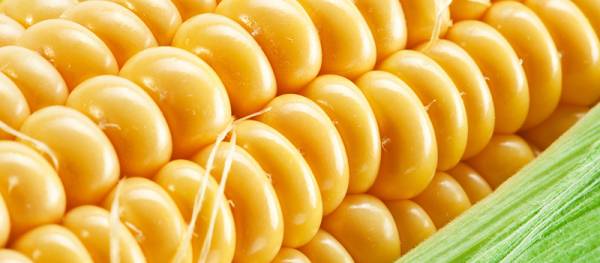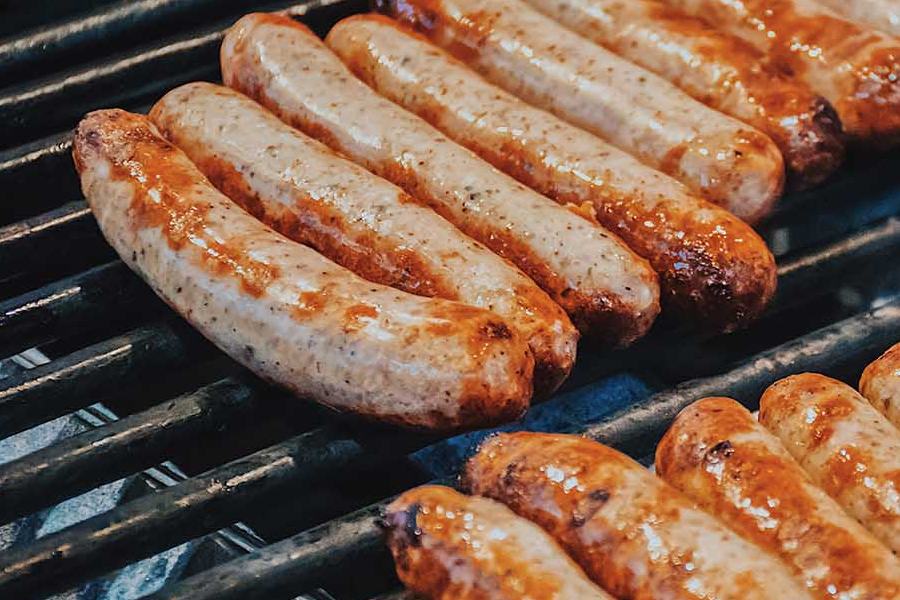Is corn good for weight loss
Weight loss is a common goal for many individuals seeking to improve their health and fitness. Diet plays a crucial role in achieving and maintaining a healthy weight, and the choice of foods can significantly influence outcomes. One food that often comes under scrutiny in weight loss discussions is corn. While corn is a staple food in many cultures and a source of essential nutrients, its role in weight loss can be complex. This essay explores the nutritional profile of corn, its potential benefits and drawbacks for weight loss, and practical considerations for incorporating corn into a weight loss diet.

Nutritional Profile of Corn
Corn, also known as maize, is a versatile and widely consumed cereal grain. It is rich in carbohydrates, fiber, vitamins, and minerals. A typical serving of corn (one cup of cooked corn kernels, approximately 154 grams) contains:
- Calories: 143
- Carbohydrates: 31 grams
- Fiber: 3.6 grams
- Protein: 5.4 grams
- Fat: 2.2 grams
- Vitamin C: 17% of the Recommended Daily Intake (RDI)
- Vitamin B6: 10% of the RDI
- Folate: 19% of the RDI
- Magnesium: 11% of the RDI
- Potassium: 10% of the RDI
Corn is also a good source of antioxidants, such as lutein and zeaxanthin, which are beneficial for eye health. The high carbohydrate content in corn primarily consists of starch, making it a significant energy source.
Potential Benefits of Corn for Weight Loss
- High Fiber Content: One of the notable benefits of corn is its fiber content. Dietary fiber is crucial for weight loss as it promotes satiety, helping individuals feel full longer and reducing overall calorie intake. The 3.6 grams of fiber in a cup of corn contribute to this effect, potentially aiding in appetite control.
- Low Fat Content: Corn is relatively low in fat, with only 2.2 grams per cup. Diets lower in fat can be beneficial for weight loss as they are less calorie-dense, allowing individuals to consume larger portions without excessive calorie intake.
- Nutrient Density: Corn provides essential vitamins and minerals, contributing to overall nutritional intake without adding excessive calories. Nutrient-dense foods are vital in weight loss diets to ensure that while calorie intake is reduced, nutritional needs are still met.
- Energy Source for Physical Activity: The carbohydrates in corn can provide a quick source of energy, which is beneficial for those engaging in regular physical activity as part of their weight loss regimen. Adequate carbohydrate intake helps maintain energy levels, supporting sustained exercise performance.
Potential Drawbacks of Corn for Weight Loss
- High Carbohydrate Content: While carbohydrates are essential for energy, high intake can be counterproductive for weight loss if not managed properly. Corn’s high carbohydrate content, primarily from starch, can lead to spikes in blood sugar levels. This can result in increased hunger and potential overeating if not balanced with other macronutrients.
- Caloric Density: Although not as calorie-dense as high-fat foods, corn still provides a moderate number of calories. Overconsumption can contribute to a caloric surplus, hindering weight loss efforts. Portion control is essential when including corn in a weight loss diet.
- Preparation Methods: The way corn is prepared can significantly impact its suitability for weight loss. Boiled or steamed corn retains its nutritional benefits, but methods involving added fats, such as buttered corn or deep-fried corn products, can increase calorie content and diminish weight loss benefits.
- Glycemic Index: Corn has a moderate glycemic index, meaning it can cause a moderate increase in blood sugar levels. For individuals with insulin resistance or those following a low-glycemic diet, this could be a consideration. Managing blood sugar levels is crucial for effective weight loss and metabolic health.
Practical Considerations
- Portion Control: Moderation is key when consuming corn for weight loss. Controlling portion sizes helps manage calorie intake while still enjoying the nutritional benefits of corn.
- Balanced Diet: Incorporating corn into a balanced diet that includes a variety of vegetables, lean proteins, healthy fats, and whole grains is essential. This approach ensures a wide range of nutrients and helps maintain satiety.
- Preparation Methods: Opt for healthier preparation methods such as boiling, steaming, or grilling corn. Avoid adding excessive butter, oil, or high-calorie toppings that can negate its weight loss benefits.
- Combining with Protein and Fat: Pairing corn with sources of protein and healthy fats can help stabilize blood sugar levels and enhance satiety. For example, adding corn to a salad with grilled chicken and avocado provides a balanced meal with a good mix of macronutrients.
- Monitoring Individual Responses: Everyone’s body responds differently to various foods. Monitoring personal responses to corn, including its effects on hunger, energy levels, and weight loss progress, can help determine its suitability in an individual’s diet.
Conclusion
Corn can be a beneficial component of a weight loss diet when consumed in moderation and prepared healthily. Its high fiber content, low fat, and nutrient density make it a valuable addition to meals. However, its high carbohydrate content and potential impact on blood sugar levels require careful consideration and balanced consumption.
Ultimately, successful weight loss involves a holistic approach that includes a varied and balanced diet, regular physical activity, and attention to individual nutritional needs and responses. By incorporating corn thoughtfully and as part of a broader dietary strategy, individuals can enjoy its benefits while working towards their weight loss goals.


